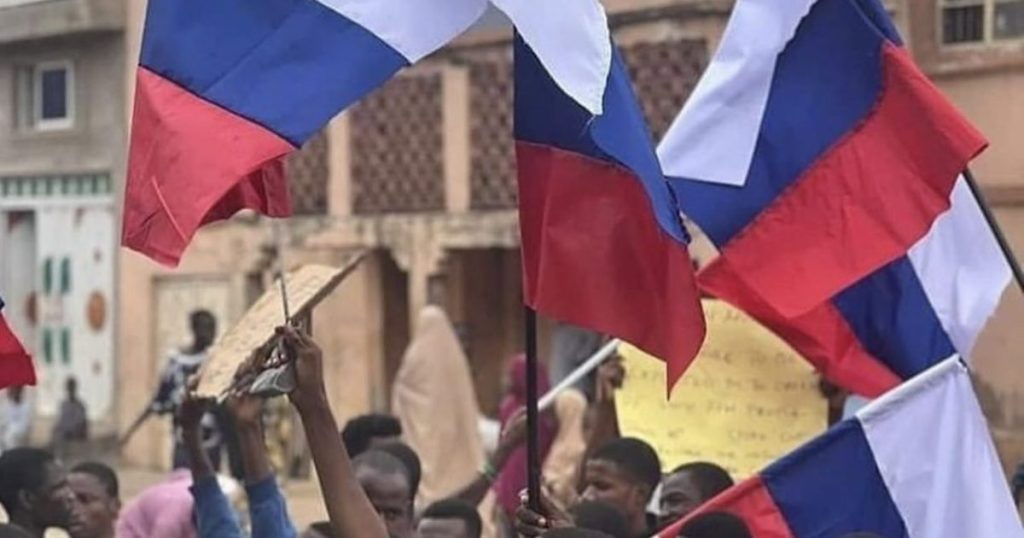
Nigeria, a dominant force on the African continent, holds a unique position with its population, influence, and economic growth. It plays a significant role in regional security and is viewed as a big brother by many West African countries. Despite its prominence, Nigeria is apprehensive about Russia’s activities in the region and on the continent. There are several reasons behind this concern.
The diplomatic relations between Nigeria and Russia, though friendly, have not yielded the expected benefits for Nigeria. Russia has historically seen Africa as a strategic location to monitor Europe and has sought to strengthen its presence on the continent. The relationship between Nigeria and Russia dates back to the 1960s but faced obstacles due to Nigeria’s alignment with the West. Even though Russia provided military support during the civil war in Nigeria, Nigerian leadership’s Western leanings limited Russian influence.
Nigeria remains skeptical of Russia’s promises, as past agreements have often been unfulfilled. Despite high-level visits and agreements signed between the two countries, many projects and commitments have not materialized. The planned nuclear power plant project, signed in 2017, has faced delays and uncertainties, highlighting Russia’s unreliability as a development partner for Nigeria and other African nations.
Concerns also arise from Russia’s involvement in undermining democratic values in the Sahel region. Russia’s support for military regimes and its exploitation of resources have fueled instability and prolonged suffering for local populations. The emergence of undemocratic practices in countries like Mali, Niger, Burkina Faso, and the Central African Republic, aided by Russia, poses a threat to regional stability and integration.
As Nigeria observes the shift in power dynamics within West Africa, particularly with the formation of the Alliance of Sahel States, it recognizes the challenges posed by Russia’s influence on regional organizations like ECOWAS. The erosion of ECOWAS’s authority and the rise of anti-democratic forces in the region underscore the need for collective action to counterbalance Russia’s agenda and safeguard regional interests.
Nigeria, being a key player in ECOWAS, has a crucial role in raising awareness about the negative impacts of Russia’s interventions in West Africa. By fostering unity and vigilance among regional states, ECOWAS can mitigate Russia’s disruptive influence and uphold the progress made in regional cooperation. It is essential for the region to address these concerns collectively and uphold democratic principles in the face of external pressures.
- Dr Githua is an international relations and security analyst from Strathmore University
